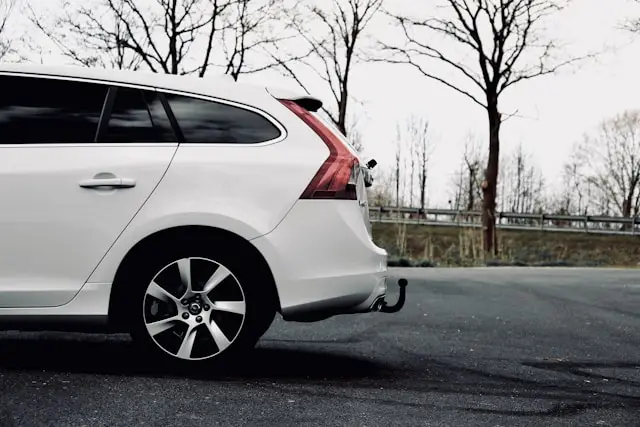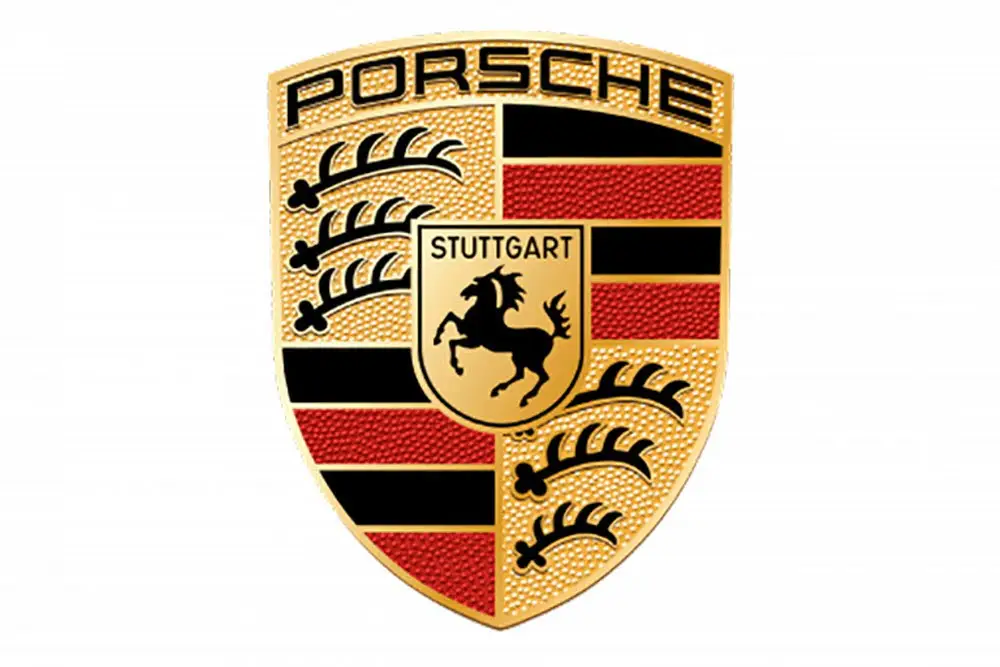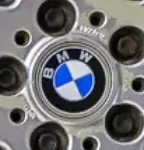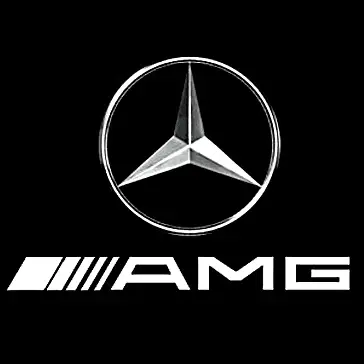
Why sell your car for parts?
Selling your car for parts can be an attractive option for a number of reasons.
Expensive repairs:
One of the main reasons for selling your car for parts is when it requires costly repairs that exceed the vehicle's market value . market value of the vehicle. Rather than spending a large sum to repair an old or damaged car, selling individual parts can be a more cost-effective solution.
Damaged or crashed vehicle:
In the event of a serious accident or major structural damage (side member, chassis), selling the car for parts may be the best option. Parts still in good condition, such as the engine, transmission, doors and even interior components, can be salvaged and reused, giving them a second life.
Quick cash:
Selling a car for parts can be a quick way to generate cash, especially if the vehicle is in good condition and contains parts that are in high demand on the market. This option can be advantageous for those who need money quickly to deal with financial emergencies or to finance the purchase of a new vehicle.

Is it legal to sell your car for parts as a private individual?
French legislation is categorical: selling a non-roadworthy vehicle for parts to a private individual is strictly forbidden.
However, this action is permitted if the buyer is an approved ELV center (as for car wrecks) or a professional, although in this case payment is often rare.
On the other hand, the government only allows you to cancel your vehicle registration and keep it at home, for conversion or parts recovery, but only for personal use. Selling them is strictly prohibited.
On the other hand, selling a vehicle for parts is perfectly possible. As long as the vehicle has passed its roadworthiness test within the last six months, no restrictions apply.
However, no mention of this condition will appear in the transaction; in other words, you are selling a vehicle in very poor condition and must follow the standard transfer procedure applicable to all used car sales.
Please note that the words "for parts" on the crossed-out registration card have no legal value.
The purchaser of such a vehicle without a registration document may, after completing the change of ownership procedure, take the vehicle off the road to recover the parts for his or her benefit.
In this context, the drafting of a sales contract clearly detailing the vehicle's state of disrepair is strongly recommended to protect against any subsequent claims.

How to value your car for parts
Assessing the value of your car for parts can be a complex process, as many factors come into play. Here are a few things to consider when determining the optimal selling price:
1. General Vehicle Condition:
The first step is to assess the general condition of your car, taking into account its age, mileage, state of preservation and any structural or mechanical damage.
2. Market demand:
Find out the current demand for parts for your specific car model. Parts for popular or rare vehicles may have a higher value on the aftermarket.
3. Parts Wanted:
Identify the most sought-after parts on your vehicle, such as the engine, transmission, electronic components, headlights, mirrors, and so on. Parts in good condition and in demand can have a value in excess of a thousand euros.
4. Room status and functionality:
Evaluate the status and functionality of individual rooms.
5. Market prices for spare parts:
Look for average prices for similar spare parts on specialized websites or on Leboncoin. This will give you an idea of the price at which you can sell your own parts.
By combining these factors and conducting thorough research, you'll be able to determine a fair and competitive value for your car for parts, maximizing your potential earnings while attracting interested buyers.
Who to sell your car to for parts: Advice
Finding a garage or ELV (End-of-Life Vehicle) center to sell your car to for parts can be a crucial step in the selling process. Here are a few tips to help you find the right place to sell your car:
1. Look for specialized garages:
Start by looking for garages or ELV centers that specialize in buying cars for parts. These establishments are often equipped to dismantle and reuse recovered parts, which can help you get a better price for your vehicle.
2. Ask for recommendations:
Ask friends, family or acquaintances if they know of any reliable, reputable garages or ELV centers in your area. Contacts can often lead to a trusted professional.
3. Search online:
Use the Internet to search for garages or ELV centers in your area. Consult online reviews and customer testimonials to get an idea of the reputation and reliability of each establishment.
4. Contact several garages:
Don't hesitate to contact several garages or ELV centers to obtain quotes and compare offers. Be sure to provide detailed information about your car, including its condition, year of manufacture, mileage and any relevant information about salvageable parts.
5. Check authorizations:
Make sure the garage or ELV center is approved and authorized to handle end-of-life vehicles. This ensures that the sale complies with current environmental and legal regulations.
6. Negotiate the price:
Don't hesitate to negotiate the price with the garage or ELV center. You may be able to get a better price by talking to the person in charge and highlighting your vehicle's valuable parts.

selling your car for parts: estimating the value of parts
Estimating the value of each part of your car for sale for parts is essential to maximize your potential earnings. Here's how:
1. Identify key parts:
Start by identifying the most sought-after parts on the aftermarket. These usually include mechanical components such as the engine, transmission, brakes and suspension, as well as electrical components such as electronic control units(ECUs), sensors and control modules.
2. Researching market prices:
Carry out in-depth research to determine average prices for similar parts on specialist spare parts websites or online sales platforms. Take into account the condition and quality of the parts when comparing prices.
3. Parts condition assessment:
Assess the condition and functionality of every part on your car. Also take into account normal wear and tear and the age of the parts.
If necessary, consult with experts or automotive industry professionals for advice and recommendations on estimating the value of your car's specific parts. Their expertise can help you establish more accurate and competitive prices.
Once you have a clear idea of the value of each part, set competitive but profitable prices for each component. Consider supply and demand, as well as competition, when determining your selling prices.

Alternative to selling your car for parts
If selling your car for parts doesn't suit you, a common alternative is to sell your car to a licensed auto scrapyard. A full article has been written on this subject.
Otherwise, here are the steps to follow for this option:
1. Search for authorized auto wreckers:
Start by looking for authorized auto wreckers in your area. These establishments are authorized to collect, dismantle and recycle end-of-life vehicles in an environmentally-friendly way that complies with current legislation.
2. Contact car wreckers:
Contact several car wreckers to obtain quotes and compare offers. Be sure to provide detailed information about your car, including its condition, year of manufacture, mileage and any damage or mechanical problems.
Compare offers from different car wreckers in terms of price, service and terms of sale. Make sure you choose a reputable and reliable wrecker, even if it means accepting a slightly lower offer.
Once you've accepted an offer, arrange for your car to be towed to the scrapyard. Make sure you hand over all the documents required for the transfer of ownership, and follow the instructions provided by the scrapyard.
3. Finalize the sale :
Once the salvage yard has collected your car, finalize the sale by completing all the required required documents and receiving the agreed payment. Make sure you receive a certificate of destruction to cancel your car'sregistration and free you from any future liability.

FAQ about selling a car for parts
What is the sale of a vehicle for parts?
Selling a vehicle for parts is the process of selling a damaged, out-of-use or non-functional vehicle to buyers who wish to recover and use the spare parts for other vehicles or projects.
Why sell a vehicle for parts?
Selling a vehicle for parts can be advantageous when the cost of repairs exceeds the value of the vehicle, or when the vehicle is beyond repair. It also allows you to recoup cash from salvageable parts and get rid of a bulky vehicle.
What types of vehicles are generally sold for parts?
Vehicles sold for parts are often those that have been involved in serious accidents, those with major mechanical problems, those with excessive wear or those that have been declared beyond repair.
What are the steps involved in selling a vehicle for parts?
Here are the typical steps: assessing the value of the parts, finding potential buyers such as garages or auto recycling centers, negotiating the price, documenting the sale and handing over the vehicle to the buyer.
How do you assess the value of a vehicle for parts?
Estimating the value of a vehicle for parts depends on factors such as year, make, model, general condition, market demand for specific parts, and local supply and demand.
What administrative procedures are required to sell a vehicle for parts?
Declaration of vehicle sale to the appropriate authorities, delivery of the crossed-out registration document to the buyer, and a certificate of non-pledge (certificat de non-gage) to prove the absence of any pledge or opposition on the vehicle.
What are the alternatives to selling a vehicle for parts?
Selling the vehicle to a scrapyard, repairing the vehicle for resale, or keeping the vehicle for parts for future personal use.
Can I sell a vehicle for parts without a vehicle registration document?
In general, it's advisable to have the vehicle registration document to facilitate the sale. However, in certain circumstances, it may be possible to sell a vehicle for parts without a vehicle registration document: in this case, you don't need to fill in the certificate of sale.








